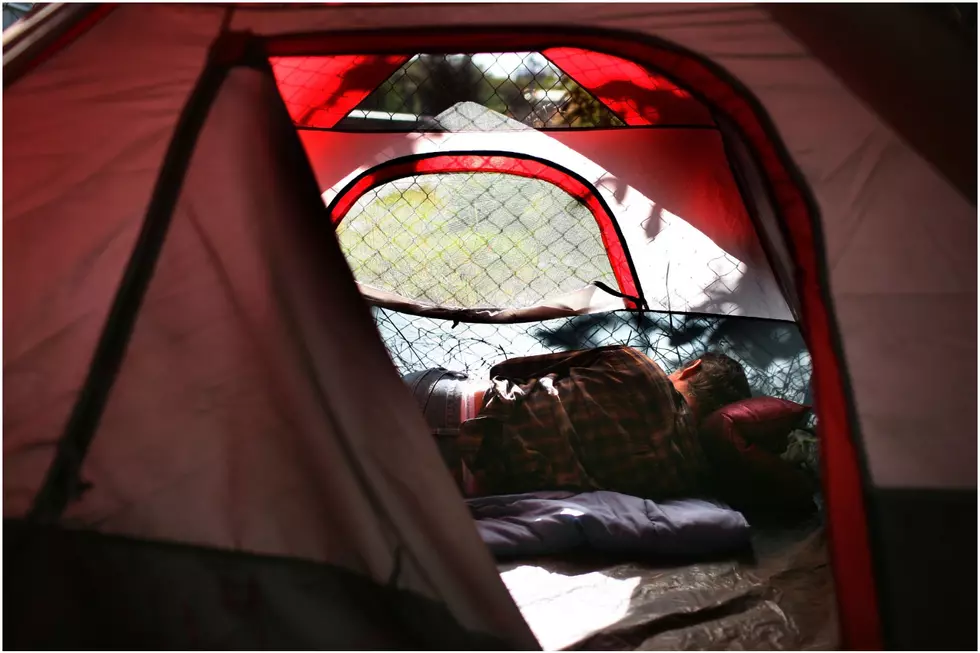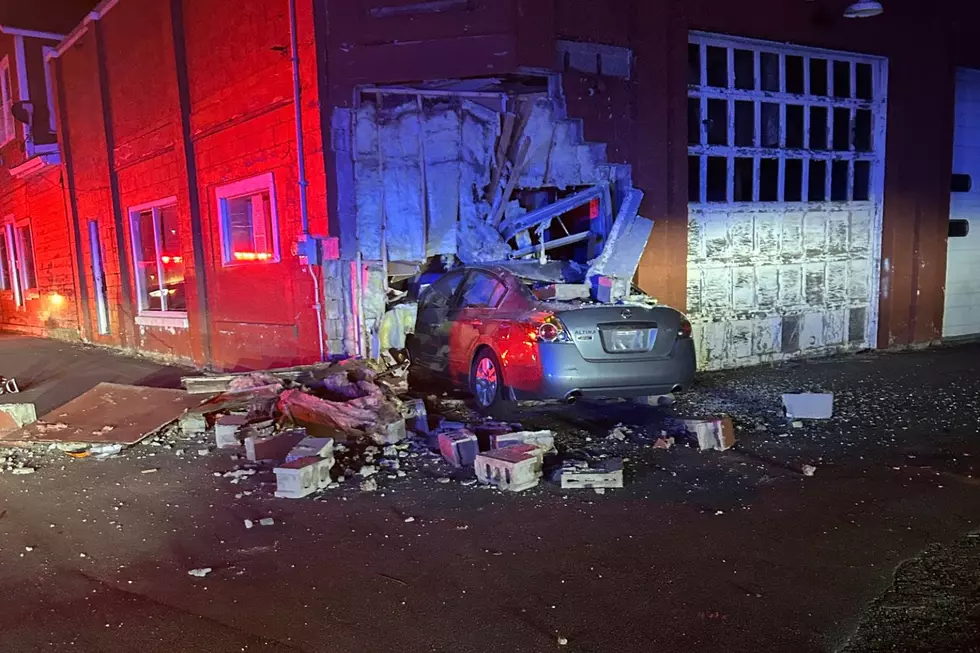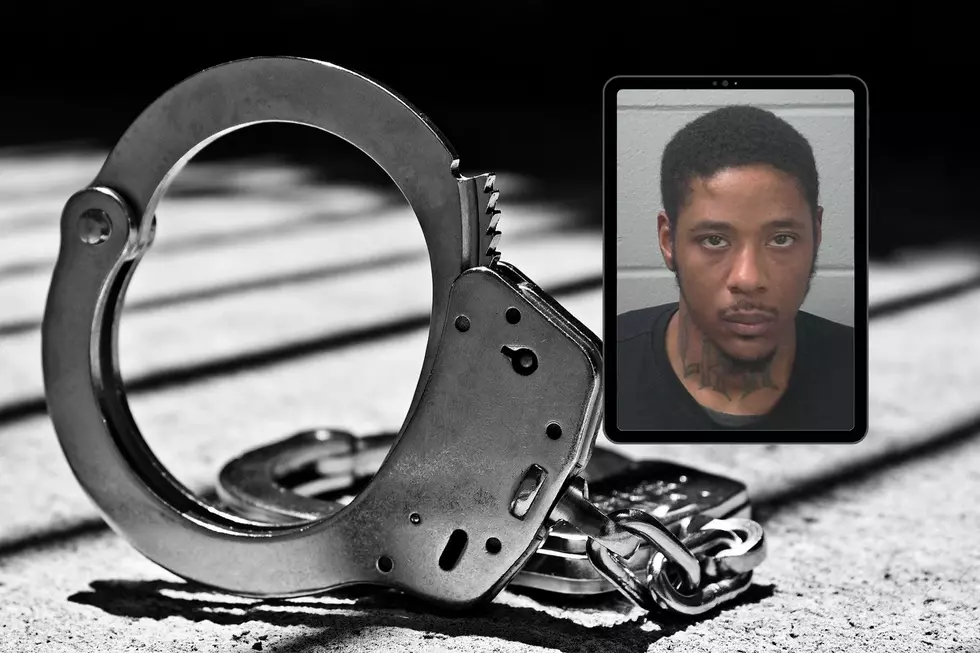
Why Bangor Police Are Forcing Some Hope House Campers to Move Out
Bangor Police and other members of social services will be helping some residents of Bangor's largest homeless encampment to move out on Friday.
Why Are They Being Told to Move?
The encampment that sits behind Hope House, off Cleveland Avenue in Bangor, has grown more than 200% since the start of the summer. And like with any community, there are good and bad aspects of the population. On the good side, having that many members of the unhoused population in one area has made the jobs of social service workers easier because they can access numerous clients at one time. But city officials say some of the residents of Tent City, as it's become known, aren't interested in engaging with the social services offered to them. Their reasons vary but, in some cases is due to things like drug use and outstanding warrants.
What Prompted the City to Take Action?
So the city has handed notices out to some members of the encampment letting them know that they have five days to vacate the premises. In a statement, Bangor's City Manager Debbie Laurie says it's not a decision that was made lightly.
It was based on safety and security concerns for those individuals within the encampment who are engaged with service providers, as well as observed, and reported by individuals on site, including outreach, as well as neighbors. The individuals being asked to leave are refusing to engage with outreach staff and are engaged in activity that is endangering the well-being of others.
The move out date is Friday, October 20th.

Will They Get Any Help With the Move?
On that morning, city staff and members of their community partners will be at the encampment to help those who are being asked to leave. They will provide totes to help carry personal items and Laurie says storage options will be offered for items that are too large to carry. The hope is that this will be a peaceful and effective process but, if necessary, she says criminal trespass orders will be issued to anyone who refuses to leave the premises. Those criminal trespass orders would not become part of an individual's criminal record.
Laurie says the city and its community partners will continue to help any people who choose to engage with outreach workers in order to secure safe, permanent housing and gain the services they require.
LOOK: 20 American foods that raise eyebrows outside of the US
Gallery Credit: Charlotte Barnett
LOOK: Here's where people in every state are moving to most
Gallery Credit: Amanda Silvestri
QUIZ: Can you identify 50 famous companies by their logos?
More From WQCB Brewer Maine









